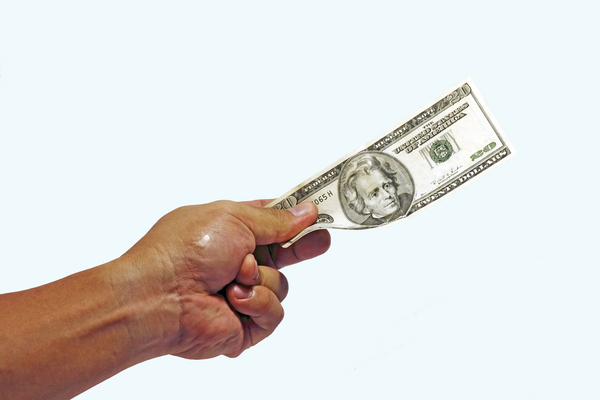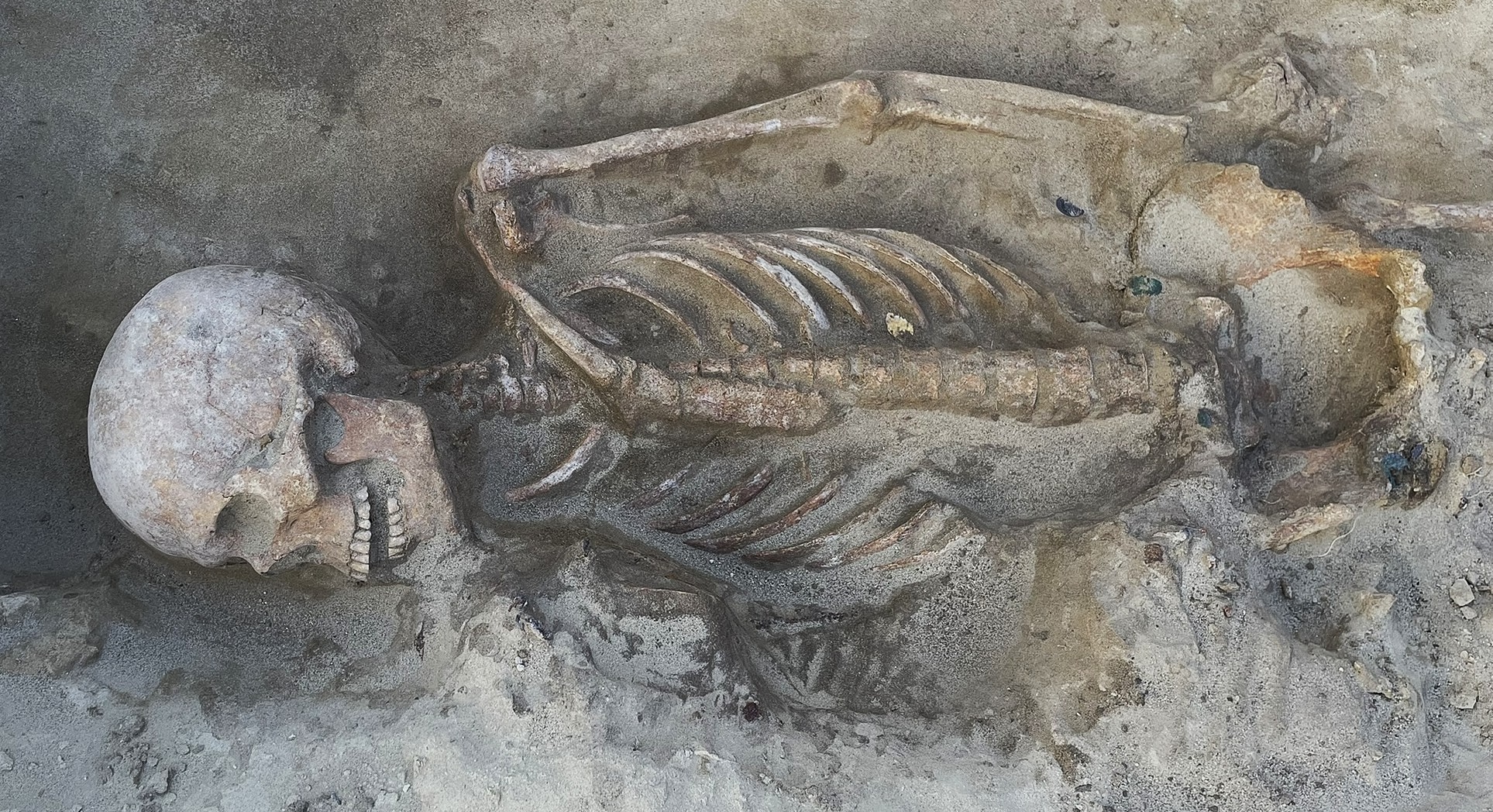People May Tolerate Unfairness with Morsel of Opportunity

People are more likely to accept deep-rooted inequality if they can see just a dash of opportunity, the results of a British-led economics experiment show.
In the study, researchers set up an ultimatum game between two people, in which one participant was told to decide how to split £10 (about $15) with a partner. If that partner refused the offer, then neither got any money.
The researchers added an element of inequality in the game with a rigged lottery to decide who got to be the “proposer” — the person in the stronger position of making the offer — and who got to be the responder.
When the odds of being the proposer were totally fair at 50 percent, responders rejected offers of £2.15 or less on average, according to a statement from the University of Warwick, which published the study. When the chance of being the proposer was completely lopsided — rigged at zero chance — offers of £2.96 or less were rejected, meaning the responders were less likely to accept clear-cut unfairness.
But when the researchers added just a 1 percent chance of being the proposer, the responders’ rejection-threshold dropped to an average of £2.53, even though the lottery was still rigged dramatically to favor the proposer.
“When you look at it rationally, it makes no sense that people are placing such a disproportionate value on that first one percent increase in opportunity,” said co-author of the study Eugenio Proto, who explained that the minor increase in fairness seemed to have a symbolic meaning.
“It appears people are happy to accept extreme inequality when they have this tiny carrot dangled in front of them,” Proto said in a statement.
Get the world’s most fascinating discoveries delivered straight to your inbox.
Though he cautioned that the experiment may not perfectly mirror more complex, real-life decisions, Proto said the results could shed light on why people living in unequal societies aren’t more inclined to reject unfairness. “It seems that even if people believe they have just the tiniest of chances to become the next Bill Gates, it’s enough to keep them tolerant of obvious inequality.”



